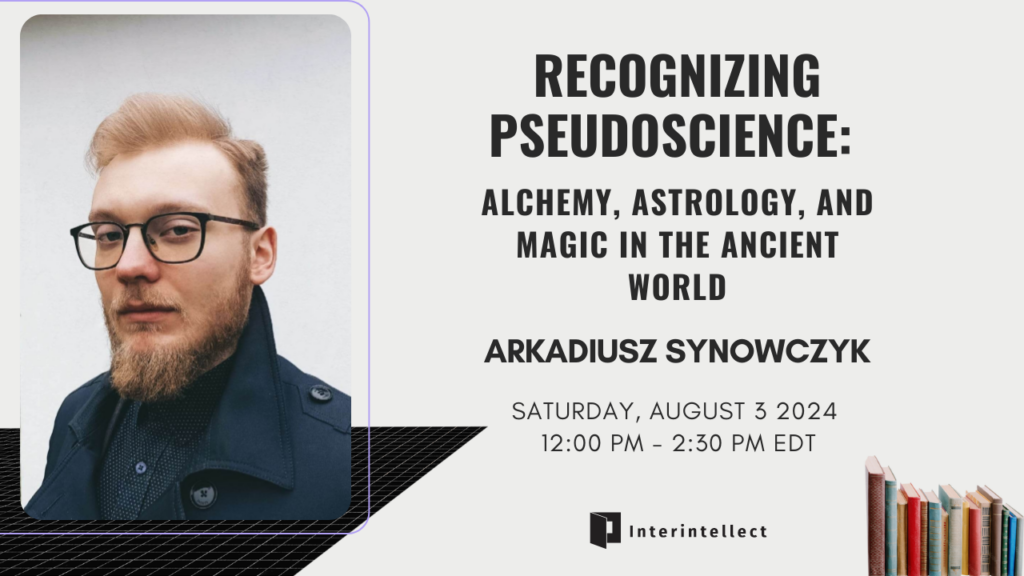
- This salon has passed.
High Stakes, Fragile Porcelain – Is This ‘The Most Important Century’?
October 21, 2021 at 6:00 pm - 8:00 pm GMT
Start time where you are: Your time zone couldn't be detected

In this salon, Peter Hartree hosts a discussion of Holden Karnofsky’s ‘Most Important Century’ blog post series.
Boris Johnson, UK Prime Minister, addressing the United Nations, September 22, 2021:
We [humanity] have come to that fateful age when we know roughly how to drive and we know how to unlock the drinks cabinet and to engage in all sorts of activity that is not only potentially embarrassing but also terminal.
In the words of the Oxford philosopher Toby Ord “we are just old enough to get ourselves into serious trouble”.
We still cling with part of our minds to the infantile belief that the world was made for our gratification and pleasure and we combine this narcissism with an assumption of our own immortality.
[…]
My friends: the adolescence of humanity is coming to an end. […] It is time for humanity to grow up.
Robert Wiblin writing for 80,000 Hours:
Will the future of humanity be wild, or boring? It’s natural to think that if we’re trying to be sober and measured, and predict what will really happen rather than spin an exciting story, it’s more likely than not to be sort of… dull.
But there’s also good reason to think that that is simply impossible. The idea that there’s a boring future that’s internally coherent is an illusion that comes from not inspecting those scenarios too closely.
At least that is what Holden Karnofsky — founder of charity evaluator GiveWell and foundation Open Philanthropy — argues in his new article series titled ‘The Most Important Century’.
The bind is this. For the first 99% of human history the global economy (initially mostly food production) grew very slowly: under 0.1% a year. But since the industrial revolution around 1800, growth has exploded to over 2% a year.
To us in 2020 that sounds perfectly sensible and the natural order of things. But Holden points out that in fact it’s not only unprecedented, it also can’t continue for long.
The power of compounding increases means that to sustain 2% growth for just 10,000 years, 5% as long as humanity has already existed, would require us to turn every individual atom in the galaxy into an economy as large as the Earth’s today. Not super likely.
So what are the options? First, maybe growth will slow and then stop. In that case we today live in the single miniscule slice in the history of life during which the world rapidly changed due to constant technological advances, before intelligent civilization permanently stagnated or even collapsed. What a wild time to be alive!
Alternatively, maybe growth will continue for thousands of years. In that case we are at the very beginning of what would necessarily have to become a stable galaxy-spanning civilization, harnessing the energy of entire stars among other feats of engineering. We would then stand among the first tiny sliver of all the quadrillions of intelligent beings who ever exist. What a wild time to be alive!
Isn’t there another option where the future feels less remarkable and our current moment not so special?
While the full version of the argument above has a number of caveats, the short answer is ‘not really’. We might be in a computer simulation and our galactic potential all an illusion, though that’s hardly any less weird. And maybe the most important events won’t happen for generations yet. But on a cosmic scale we’d still be living around the galaxies’ most remarkable time.
Focus questions for the salon:
- Is the “most important century” argument sound? How seriously should we take it?
- If we accept this argument… what might an appropriate response look like?
We may also discuss:
- Sequence thinking vs Cluster thinking
- Worldview diversification
- When to take wild claims seriously, and when not to.
- The difference between believing something in the abstract and believing something “in your bones”, and the relation between the two.
Salon format:
Discussion: 2 hours.
Optional 30-60 minute ‘after party’.
This salon will be recorded, and the recording may be shared on YouTube.
Required reading:
– Ezra Klein interviews Holden Karnofsky (1 hour interview, transcript available)
– https://www.cold-takes.com/all-possible-views-about-humanitys-future-are-wild/
– https://www.cold-takes.com/the-most-important-century-in-a-nutshell/
– https://www.cold-takes.com/how-digital-people-could-change-the-world/
Suggested reading (optional):
– http://paulgraham.com/newideas.html
– https://80000hours.org/podcast/episodes/holden-karnofsky-most-important-century/
– https://www.openphilanthropy.org/blog/modeling-human-trajectory
– Tom Moynihan on the history of the idea of existential risk – interview 1, interview 2
– Toby Ord, The Precipice – book talk, interview, book, FAQ.
– See the (evolving) list here:
https://notes.pjh.is/2021-10+Most+important+century+(ii+Salon)
— — — — — — — — — — — — — — —
Proceeds from ticket sales will be donated to the Effective Altruism Long Term Future Fund and the Interintellect. Grants are available to cover several free tickets: if you’re keen to attend, but the cost makes you hesitate, write to ii@pjh.is.
— — — — — — — — — — — — — — —
📚 Become a member, get a free ticket every month, access our forums, members-only events, and more!
–

